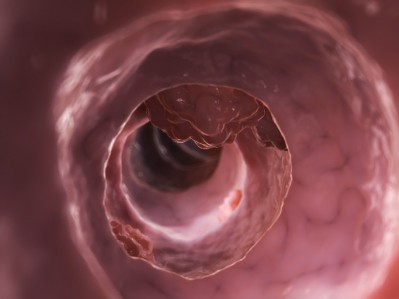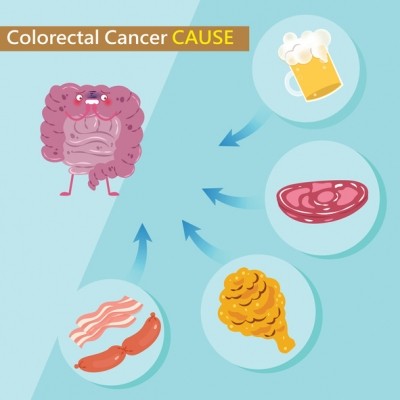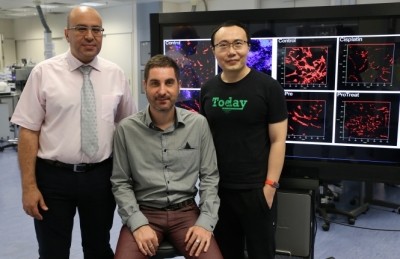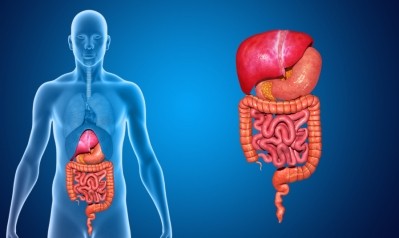Probiotics may help prevent colon cancer, mouse study suggests
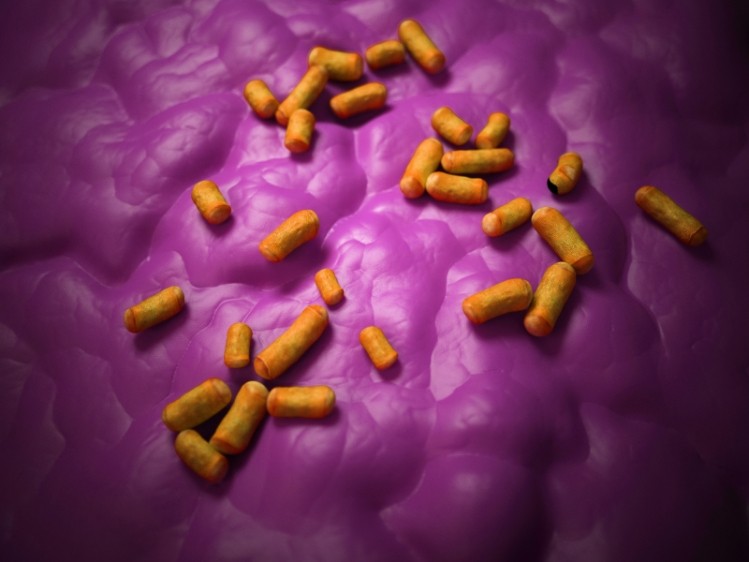
Mice fed a histamine-producing strain of the probiotic species Lactobacillus reuteri had fewer and smaller tumours than the control group after 15 weeks in response to a single dose combination of a colonic carcinogen (azoxymethane (AOM)), and an inflammation-inducing chemical (dextrate sulphate sodium (DSS)), found a research team led by Baylor College of Medicine, Houston.
The active probiotic strain L. reuteri 6475 also reduced colonic glucose uptake, reduced the numbers of splenic immature myeloid cells (IMCs) (induced by the carcinogen) and suppressed inflammation caused by the two chemicals.
"These observations are consistent with the conclusion that histamine-generating probiotic L. reuteri may attenuate AOM+DSS-induced colon carcinogenesis, at least in part, via enhanced maturation of circulating myeloid cells and concomitant reduction of pro-inflammatory cytokines," commented study leader Professor James Versalovic.
L. reuteri 6475 possesses a gene which is responsible for the production of histidine carboxylase (HDC), an enzyme that converts histidine into histamine in the gut. Inactive strains of L. reuteri, (‘non-hdc+’) did not provide protective benefits in the mice.
A role for histamine?
“This report highlights the potential importance of luminal conversion of L-histidine to histamine by intestinal microbes as a factor in susceptibility to colitis and colon cancer risk,” wrote first author Chunxu Gao.
“Histamine generated by intestinal microbes may supplement histamine-generating capacity by mammalian cells and may offer new possibilities for microbiome-mediated gene therapy,” Gao explained.
The role of histamine in human cancer is not fully understood and remains controversial. A small previous study of colorectal cancer (CRC) patients found significantly higher HDC activity in tumours, suggesting a role for HDC enzymatic activity in the progression of cancer. By contrast, in another study, endogenous histamine deficiency was found to increase the risk of inflammation-associated CRC.
In this investigation, the researchers also examined 15 datasets obtained from human CRC patients and found better survival rates in those with higher HDC activity and increased histamine receptor gene expression.
According to the researchers, these findings raise the possibility that histamine-generating probiotics, combined with sufficient intake of the amino acid l-histidine may improve outcomes in patients with inflammation-associated CRC.
"Our results suggest a significant role for histamine in the suppression of chronic intestinal inflammation and colorectal tumorigenesis. We have also shown that cells, both microbial and mammalian, can share metabolites or chemical compounds that together promote human health and prevent disease," said Dr. Versalovic.
On the wider implications of the study, he added "We are on the cusp of harnessing advances in microbiome science to facilitate diagnosis and treatment of human disease.
"By simply introducing microbes that provide missing life substances, we can reduce the risk of cancer and supplement diet-based cancer prevention strategies."
Source: American Journal of Pathology
Volume 187, issue 10, published online. DOI: 10.1016/j.ajpath.2017.06.011
“Gut Microbe-Mediated Suppression of Inflammation-Associated Colon Carcinogenesis by Luminal Histamine Production”
Authors: Chunxu Gao, James Versalovic et al
